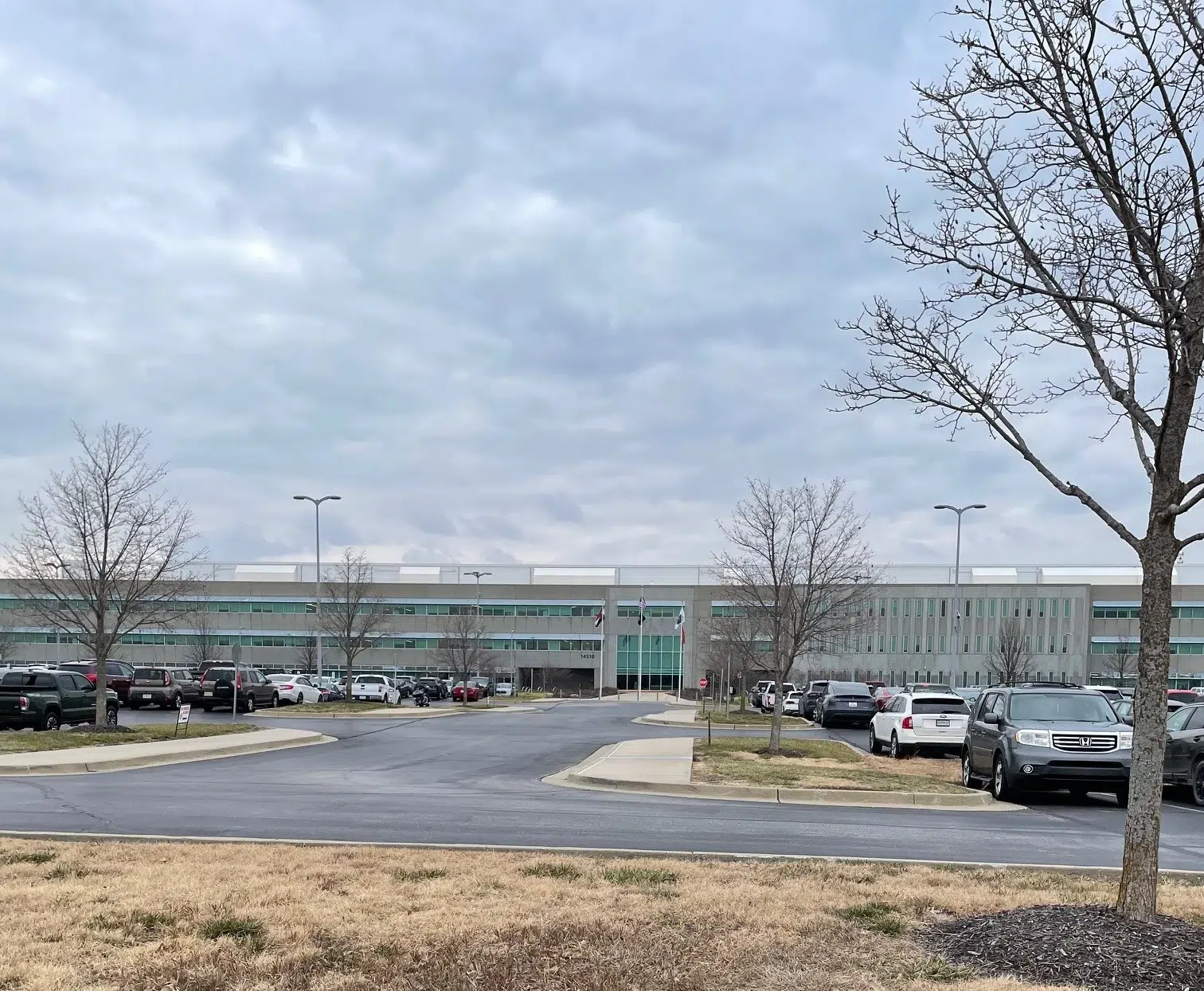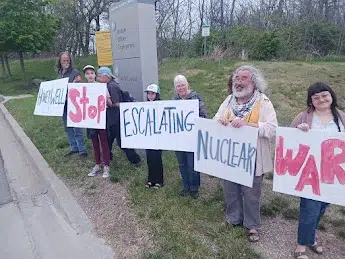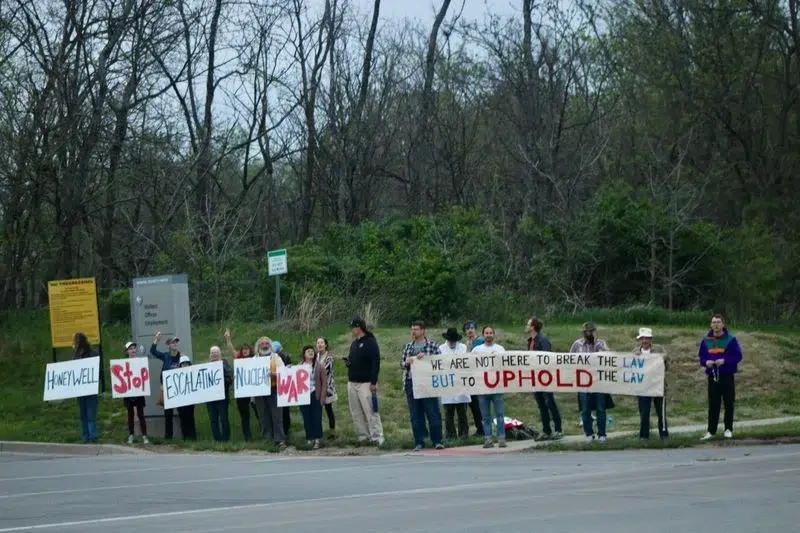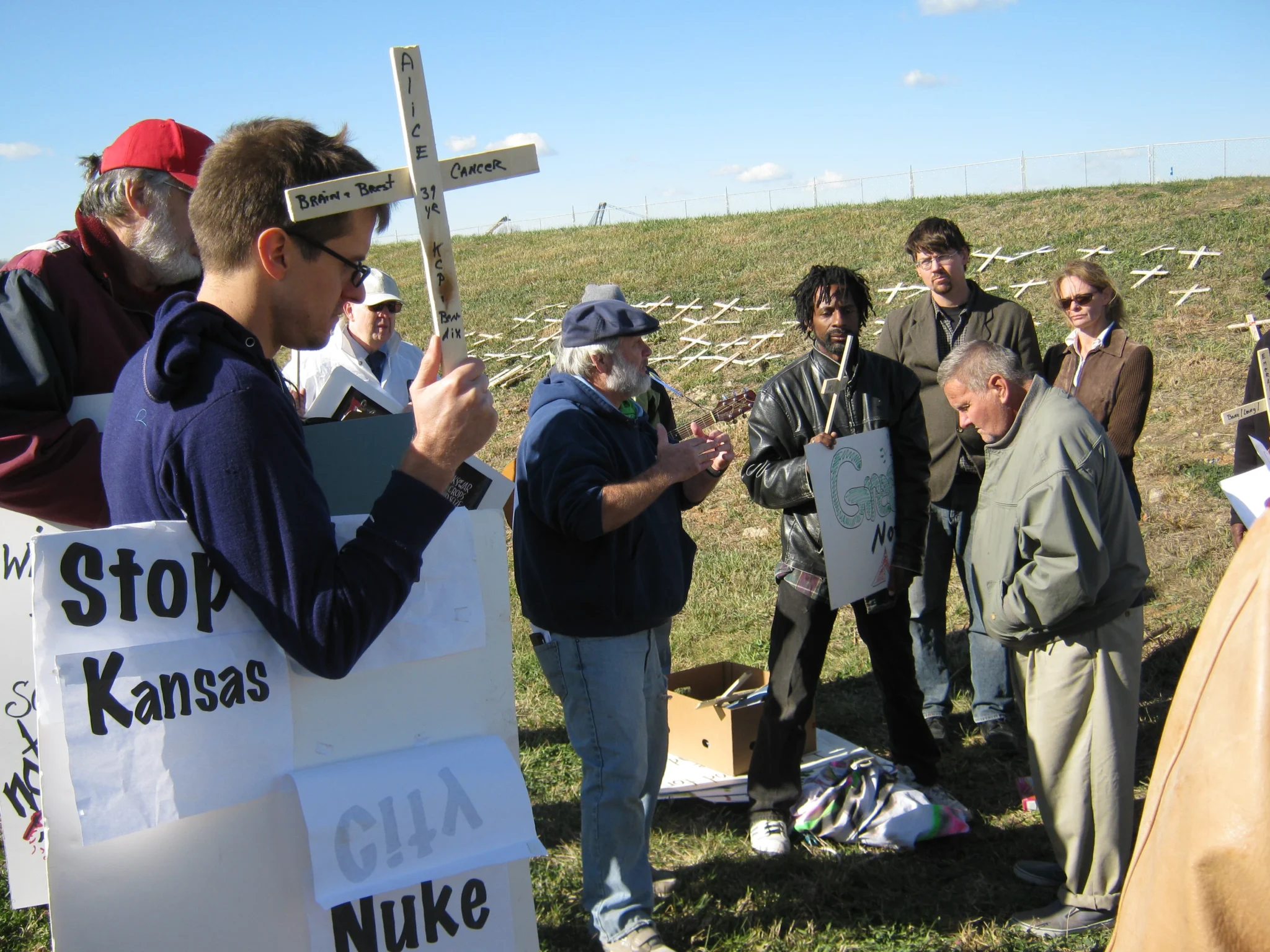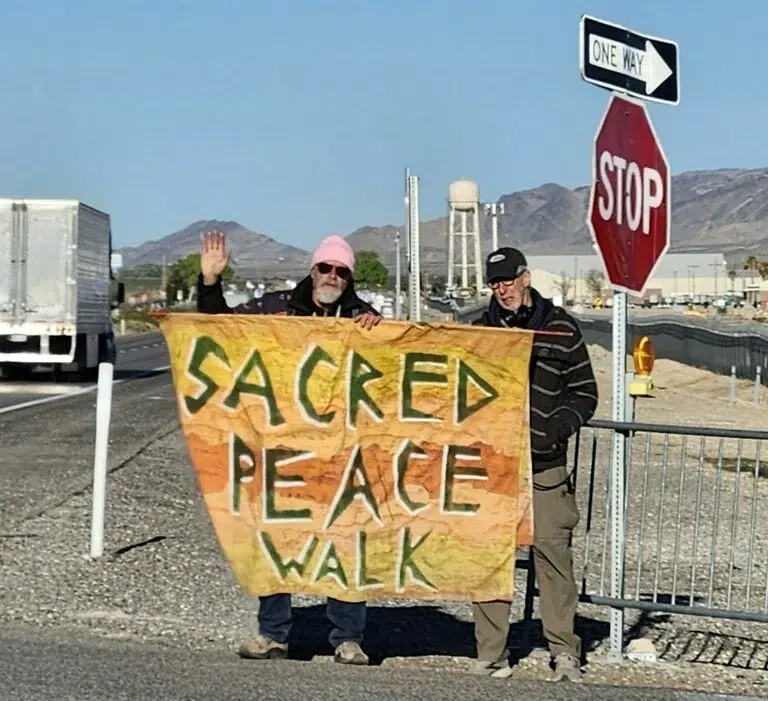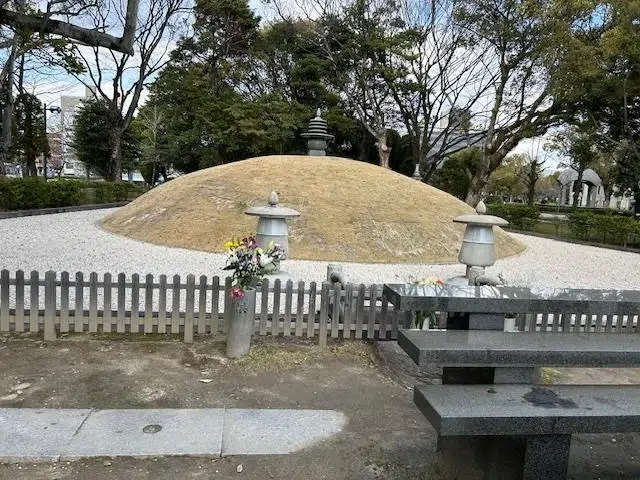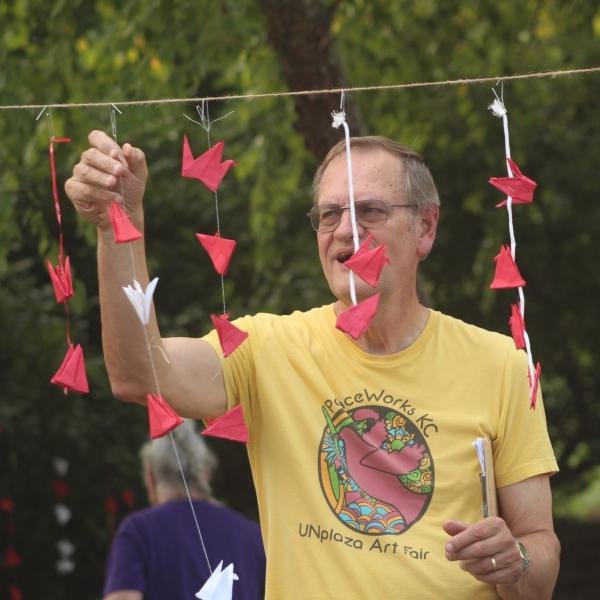Ann Suellentrop, a vice chair of PeaceWorks KC, has led the KC contingent to an annual lobbying effort, DC Days, since 2008 (virtually in 2020-21). In the halls of Congress, activists confer with legislators and their staffs about nuclear weapons, nuclear energy, and nuclear waste. This year, the KC group is larger than most years; five young persons are going with Ann. Herself accustomed to protesting nuclear weapons, Ann says, “We’re turning protest into policy!”
DC Days, sponsored by the Alliance for Nuclear Accountability, which Ann chaired for several years, trains activists in lobbying and schedules meetings with legislators and staff. And the peace seekers hobnob with ANA peace leaders from across the country. This year, DC Days is May 19-22.
“Over 50 amazing people will be lobbying Congress and some Administration offices, including the department in charge of nuclear weapons and waste, the Department of Energy,” says Ann. Others in the KC contingent are two PeaceWorks Board members, Breanna Crawford and Kimmy Igla, as well as Evris Oake, Luisa Olarte, and Adrianna Schoonover (whom we know as AP, A Poet).
“In addition to lobbying against nuclear weapons,” says Ann, “we lobby against nuclear energy plants because that is what produces plutonium and tritium for nuclear weapons. Nuclear energy plants create millions of tons of radioactive waste with nowhere to go!”
Among this year’s recommendations to Congress about nuclear weapons:
- Stop new warheads.
- Stop new bomb plants (e.g., the KC MO nuclear weapon factory plans to double the size of the current factory). The ANA notes: “Expansion of the KC National Security Campus should be subject to public review under the National Environmental Policy Act.”
- Support rule of law and nuclear disarmament. The US should withdraw its nuclear bombs from Europe and should pass House Resolution 77, supporting the Treaty on the Prohibition of Nuclear Weapons.
- Increase oversight and accountability.
ANA’s recommendations to Congress on cleanup and waste management:
- No cleanup on the cheap: protect people and the environment.
- Don’t fund consolidated interim storage (CIS) for commercial irradiated nuclear fuel.
- No new waste—no new reactors, no relicensing, oppose subsidies.
Note: PeaceWorks is one of many groups with membership in ANA.
© 2024, PeaceWorks Kansas City, Ann Suellentrop, Creative Commons Attribution Share-Alike 4.0 International License


